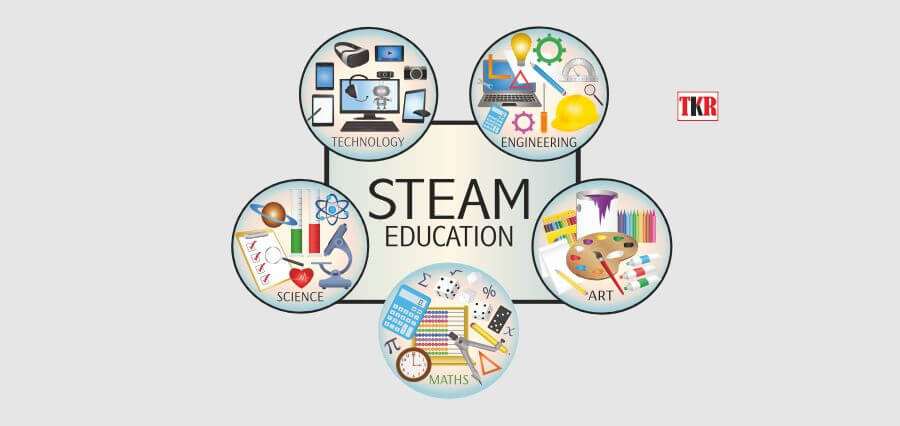Considered as one of the smallest (areawise) and one of the most densely populated countries, Malta has enjoyed a lot of geographical benefits in the past due to its location in the middle of the Mediterranean sea. However, this European Union member has recently showcased several trailblazing efforts in improving its education structure.
Not long ago, the Maltese Government and the Malta Union of Teachers (MUT) arrived at an agreement to discontinue the mid-year exams. This had been in the pipeline ever since teachers and parents had raised their voice over the relevance of the prevailing teaching methods. The primary intention behind abolishing the mid-year exams was to give the teachers a much deserved chance to work on their teaching skills and subsequently give the students an opportunity to involve themselves in more extra-curricular activities. The authorities are looking at a new assessment system that will require students to spend an extra 50 hours in the classroom. A Permanent secretary of the Education Ministry had also added in his statements that a task force has been set up to oversee the implementation of the new provisions. The whole process, which is ultimately aimed to raise respect for the teaching profession, is supposed to take around four years for a full-fledged implementation.
The Education Ministry is expecting the teachers to undergo several hours of training subsequently. Henceforth, teachers could upgrade themselves from one pay grade to another, if they have accumulated 360 hours of training in a period of six years, instead of the current eight years. On the similar note, teachers and parents are being equally informed that more homework does not confirm as a good teaching practice.
A new allowance structure is also included as part of the agreement. The allowance structure covers various teaching grades, including the school management teams. Educators will receive a considerable increase in their class allowance, which has been alleged to be around 24%. However, these amounts do not necessarily apply to an equivalent increase to 14% of the current basic pay. The agreement also includes an allowance structure for educators working in resource centres and learning support centres.









